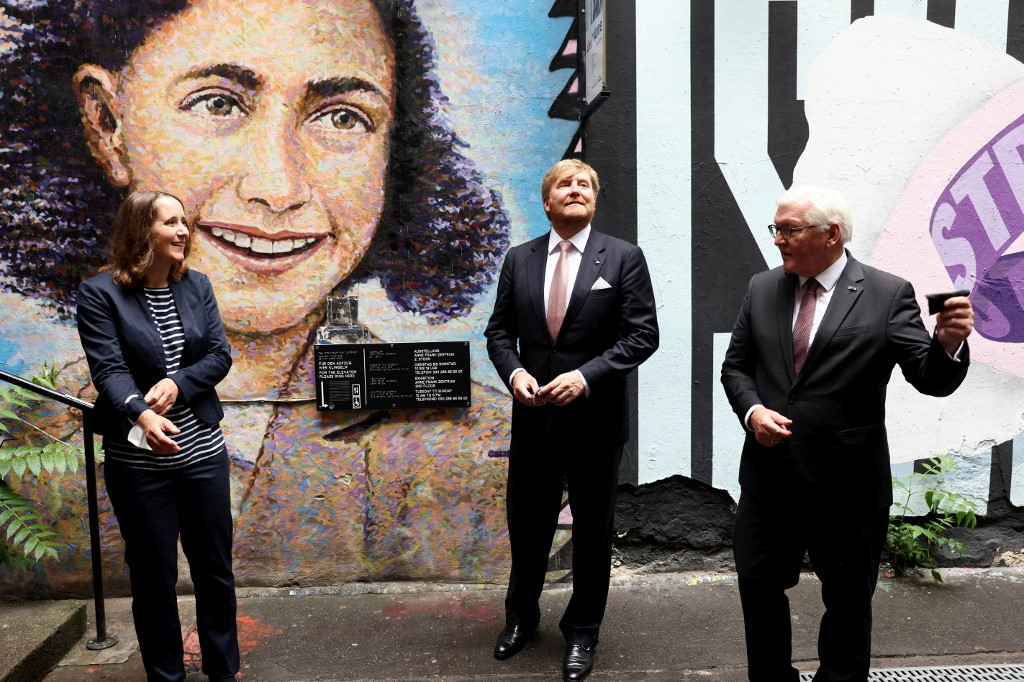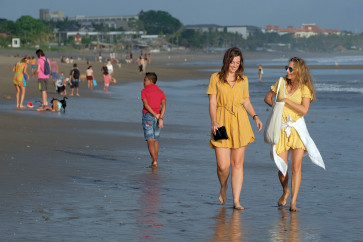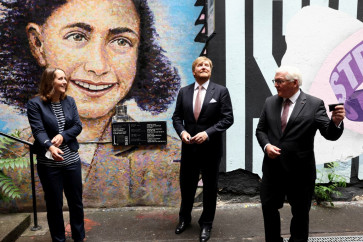Popular Reads
Top Results
Can't find what you're looking for?
View all search resultsPopular Reads
Top Results
Can't find what you're looking for?
View all search resultsAnne Frank betrayal suspect ‘identified after 77 years’
Change text size
Gift Premium Articles
to Anyone
O
ne of World War II's most enduring mysteries may have been solved after a cold-case investigation identified a Jewish notary as the prime suspect in the betrayal of diarist Anne Frank and her family.
Arnold van den Bergh may have revealed the Franks' hiding place in Amsterdam to the Nazis in a bid to save his own family, according to the six-year inquiry led by a former FBI agent.
The evidence comes from modern data-crunching techniques combined with a long-lost, anonymous note sent to Anne's father Otto naming Van den Bergh, according to a new book about the investigation.
The Anne Frank House museum said it was "impressed" by the evidence in the book being published on Tuesday by Canadian author Rosemary Sullivan, but that further investigation was needed.
Theories have long swirled about the Nazi raid on Aug. 4, 1944, that uncovered the secret annexe to an Amsterdam canalside house where Anne and her family hid for two years.
Anne and her sister died in the Bergen-Belsen concentration camp in 1945, but her diary became one of the most haunting accounts of the Holocaust, selling some 30 million copies.
Retired FBI detective Vince Pankoke was enlisted by a Dutch documentary-maker in 2016 to head a team to crack the "cold case" that two previous police probes had failed to.


















